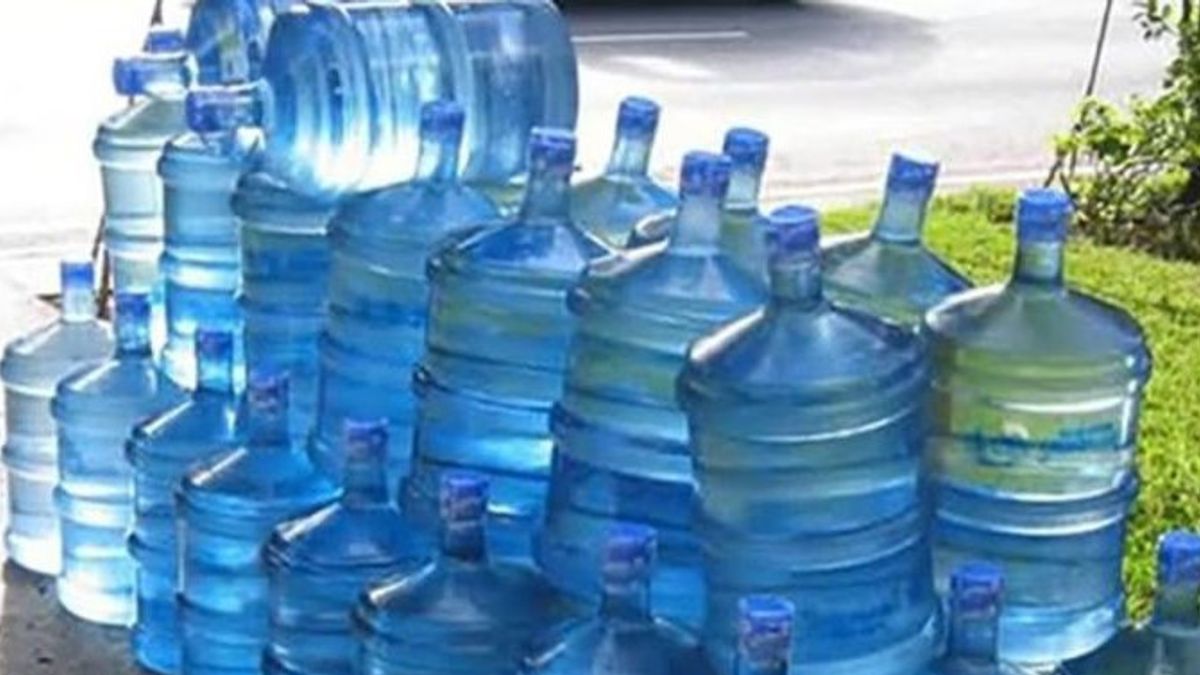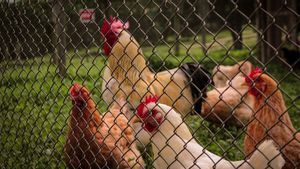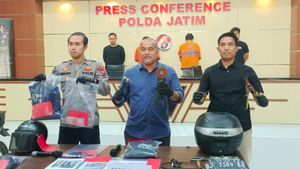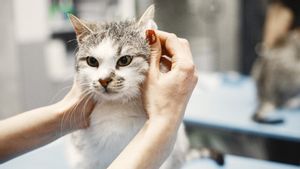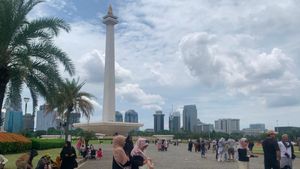JAKARTA - Rita Endang, Deputy of Processed Food Supervision, POM Agency said that her party was protecting the public from the potential dangers of BPA products in bottled drinking water (AMDK). Rita said the BPA issue is not a local issue, nor is it a national issue, but has become an international issue.
"So, BPA is a global issue. Several countries have regulated and labeled BPA on bottled water," Rita said in a webinar broadcast live on the GATRA TV Youtube channel, quoted on Friday, June 3.
Therefore, explained by Rita, Indonesia of course also needs to make various efforts to label AMDK by revising the POM Agency regulation Number 31 of 2018.
So far, Rita feels that she has made various efforts in accordance with the authority of the POM.
"The authority of the POM Agency is very clear, how to carry out these efforts in accordance with the laws and regulations. That authority is in accordance with Law Number 2012 concerning Food, and Presidential Regulation Number 80 of 2017 concerning the Food and Drug Supervisory Agency, and in accordance with the main functions of the POM Agency, " said Rita.
Rita said that BPA on bottled drinking water was an important study and a priority to become a label on bottled drinking water. There are several things that are considered by the POM Agency.
First, water is a basic need for human survival and is consumed by all age groups. Second, the volume of bottled drinking water is quite large, which is as much as 21 billion liters per year, or as much as 70 percent of the volume of bottled drinking water per year.
Third, there are more than 50 million gallon bottled drinking water consumers or 18 percent of Indonesia's population in 2020. Fourth, bottled drinking water is the most registered product in Indonesia, and 96.4 percent of gallon bottled drinking water products use polycarbonate plastic.
Meanwhile, Ujang Solihin Sidik, Head of Sub-Directorate for Producer Governance, Directorate of Waste Reduction, KLHK explained about the impact on AMDK on the environment.
"Speaking of the impact on the environment in the end of course it will also have an impact on health," said Ujang Solihin Sidik.
"Globally and also in Indonesia, there are a number of challenges and concerns for all of us. It turns out that packaging waste is a problem. In studies or research, plastic packaging, especially bottled water, is made of petroleum, we see how the exploitation of petroleum is increasing. Not only for plastic ore, but also we see that its exploitation is also increasing greatly. And as we know, the amount of petroleum is increasingly limited and cannot be renewed," he explained.
As is known, the most popular plastic packaging used is Polyethylene Terephthalate (PET), High Density Polyethylene (HDPE), Low-Density Polyethylene (LDPE), and Polycarbonate (PC) which are types of plastic that are very commonly used in food packaging, especially in food packaging. bottled water.
From the extraction of natural resources used into plastic packaging that is recycled into drinking bottles again, the amount is still very small. Sidik emphasized the importance of the Circular Economy where recycling plastic products into reusable materials is the right answer and is economically profitable.
"Most of the plastic packaging that can be recycled is PET," he said.
The English, Chinese, Japanese, Arabic, and French versions are automatically generated by the AI. So there may still be inaccuracies in translating, please always see Indonesian as our main language. (system supported by DigitalSiber.id)
